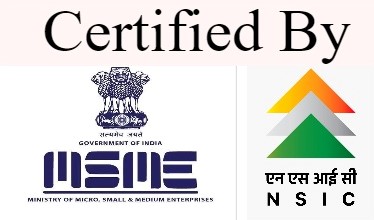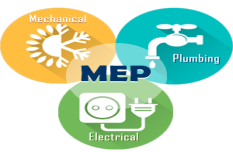MEP Design Services
They collaborate with architects, engineers, and contractors to integrate these systems seamlessly into the overall building design.
Key responsibilities of an MEP consultant might include:
Design and Planning: Creating detailed plans and specifications for mechanical, electrical, and plumbing systems. This includes HVAC systems, lighting, power distribution, water supply, and waste management.
Regulatory Compliance: Ensuring that all systems meet local building codes, standards, and regulations.
Coordination: Working with other design professionals to integrate MEP systems into the building's architecture and structure.
Energy Efficiency: Advising on and implementing energy-efficient solutions to reduce operational costs and environmental impact.
Troubleshooting: Addressing any issues that arise during the construction phase and making adjustments as needed.
Cost Estimation: Providing estimates for the cost of MEP systems and suggesting ways to optimize budgets.
Project Management: Overseeing the installation and commissioning of MEP systems to ensure they are completed on time and within budget.






